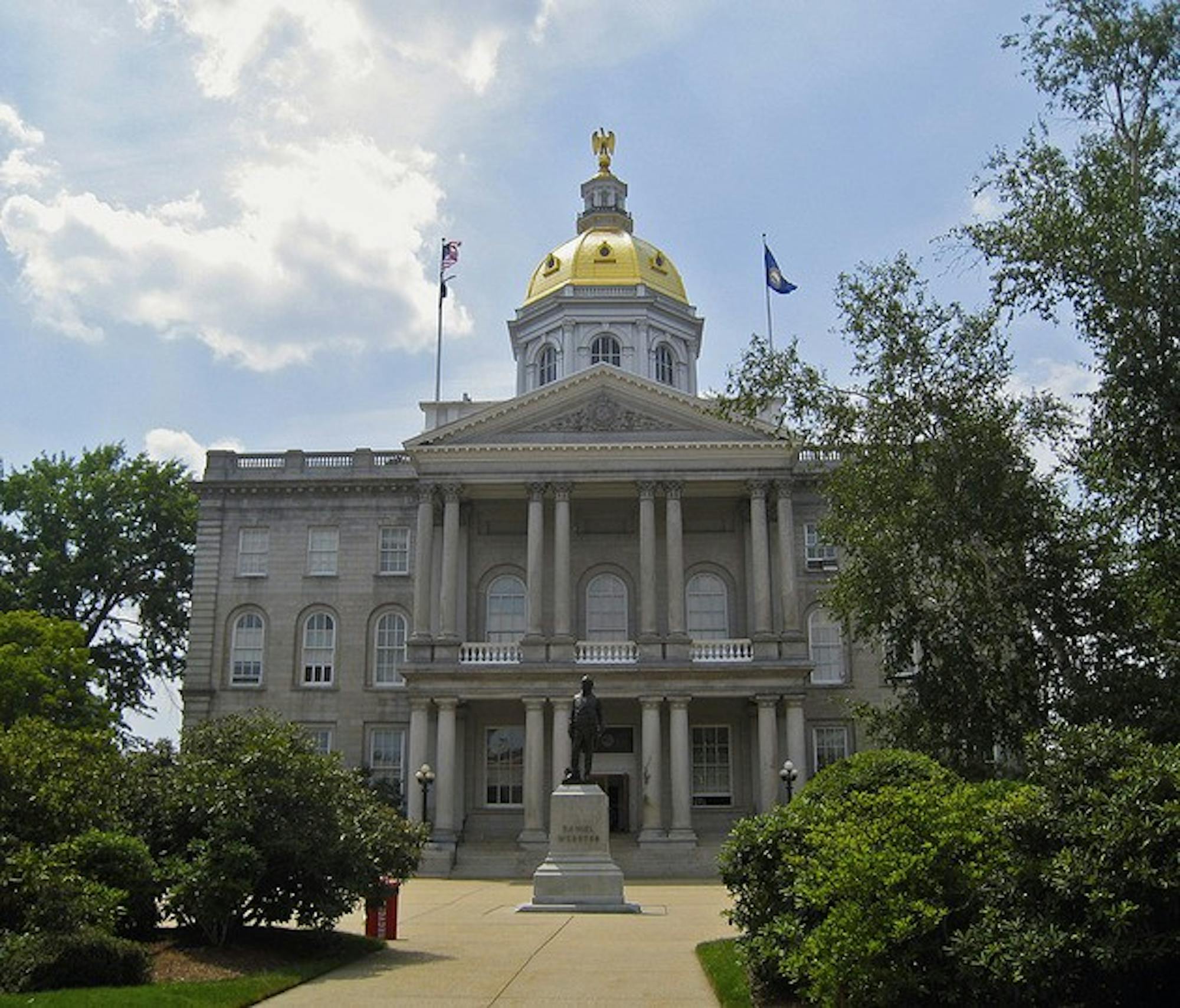Voters will head to the polls in November and base their votes on a variety of issues, according to Sen. Matthew Houde '91, D-Plainfield. Houde said he expects the budget to be the General Court's greatest statewide priority.
"There is a tremendous amount at stake with the upcoming elections," Houde said. "We will have to presumably revisit issues of women's reproductive health, gun laws, the economy, job creation and funding health care."
Since the state's unemployment has remained substantially lower than the national rate, New Hampshire voters may not be as concerned about the economy as voters in other states, according to Fowler.
Fowler said she expects that both parties will campaign on deficit issues, which have "always resonated" with New Hampshire voters. Congressional Republicans' responses to such issues on a national scale may affect New Hampshire Republicans' chances in November, she said.
"The great unknown is how national actions affect the local level," Fowler said. "People don't want the Republicans jeopardizing the country's financial reputation and bond ratings to score partisan points."
Republicans performed well nationwide in 2010 because voters wanted to express disapproval with the government's response to the financial crisis, according to Fowler. The electorate expected Republicans to solve fiscal issues, Houde said.
The New Hampshire Republican Party leadership initially "squelched" attempts to introduce legislation about "divisive" social issues, but eventually bowed to pressure from conservative legislators, according to Fowler.
"House Speaker [William] O'Brien [(Republican, Hillsborough)] has been responsible for now bringing attention to guns, abortion and gays," Fowler said. "In the end, they just couldn't resist pursuing a social agenda."
The Senate has been "reining in" the House's social legislation, according to Fowler. The direction taken by the legislature will depend on which representatives are re-elected, she said.
"A big factor is whether the people who lose their seats are the Republican firebrands or the ones who have gotten caught in the crossfire," Fowler said.
Political stalemates often occur when the moderate members of a party lose elections, because moderates are usually more open to compromise, according to Fowler. Moderate Democrats were "creamed" nationally in 2010, further polarizing the two parties in Congress, Fowler said.
Fowler predicts that the New Hampshire Democratic Party will argue that the New Hampshire Republicans are too extreme to run the state, which is historically known for being centrist. Meanwhile, Fowler expects the New Hampshire Republican Party to defend its record of cutting spending by claiming that Republicans would be more responsible with spending and handling the state's budget.
The New Hampshire Democratic Party will campaign on "returning civility to government," according to New Hampshire Democratic Party Chairman Raymond Buckley.
"We have a long tradition as a state of having bipartisan cooperation, which was tossed aside when the Tea Party majority took over," Buckley said.
Buckley said he expects to recapture both legislative chambers because O'Brien is the least popular politician in the state. Internal polling shows that New Hampshire voters disapprove of his performance by a 2-1 margin, according to Buckley.
With increased voter turnout as a result of the presidential election, Houde predicts a trickle-down effect to be visible in the election returns.
Polls of the presidential race in New Hampshire currently show U.S. President Barack Obama with a modest lead over presumptive Republican presidential nominee Mitt Romney, according to Buckley. The race will tighten as November approaches, he said.
"More and more, this year is looking like 2004, which was a good year for us here," Buckley said.
New Hampshire Democratic Party officials consider Manchester, Laconia, Nashua and Claremont key swing areas whose results will determine how well the party has performed across the state on election night, according to Buckley.
Officials from the New Hampshire Republican Party did not respond to requests for comment by press time.




